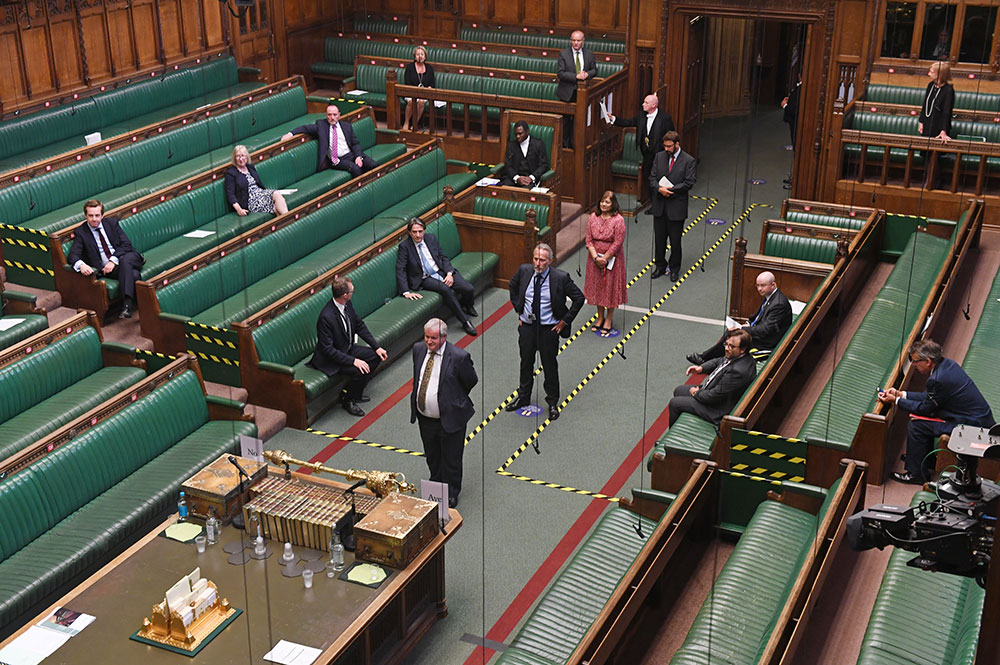A York MP has expressed concerns that people are being put at risk by the decision to compel politicians to vote in the House of Commons.
Virtual votes are no longer allowed so MPs must go to Westminster to take part in divisions.
Rachael Maskell returned to the Commons yesterday (Tuesday) and said the experience left her worried about the health of MPs and the wider public.
“Many older MPs and those with underlying health conditions are now denied a voice and a vote,” she said.
“I have concerns that I will be exposed to greater risk of infection and while taking every precaution possible could spread the virus to others. Covid-19, is an invisible killer, it is as dangerous and potent as ever.
“We must all do everything possible to protect each other from infection spread, and this includes remaining at home wherever possible.
“My fear now is that we could be on the cusp of a second wave of infection, causing more tragic loss of life. Parliament should be setting the example, not risking others.”
Experts agree

At yesterday’s vote, MPs joined a socially-distanced queue that snaked for hundreds of metres.
Ms Maskell said it was time for Parliament to be modernised.
“When around a third of MPs cannot attend Parliament, and when hybrid proceeding of combining virtual proceeding and proceedings in the House of Commons was working perfectly well, it is ridiculous that the Leader of the House, Jacob Rees Mogg has forced MPs back to London to participate in Parliamentary processes,” she said.
And the York Outer MP added that on her journey to Westminster “the train operator had not made sufficient adjustments to practice social distancing”.
Experts echoed her fears. Linda Bauld, professor of public health at the University of Edinburgh, said: “I thought that was a really insane idea to require people to go back into Westminster, in terms of infection controls.”
Just by speaking in the Commons chamber MPs could put one another at risk.
“That wouldn’t necessarily be about the fact that they have to be coughing or sneezing,” she said.
“I think these small droplets that we emit when we breathe normally are still a risk and that’s why close contact is a risk.
“So immediately occupying the same space as somebody is probably not a great idea.
“I think it could definitely put them at risk. I think the bigger point is really not setting a good example but it is potentially pretty risky.”
